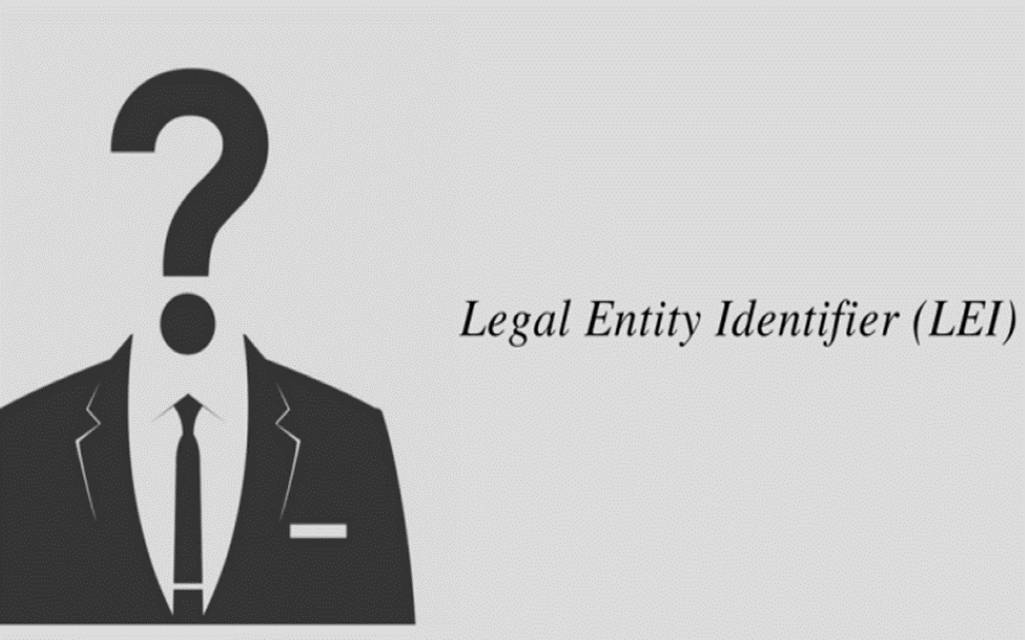Have you ever notices an alphanumeric code with different subparts? Well, that’s LEI (Legal entity identifier). Barcodes or LEI’s started 40 years back when the Wrigley’s Chewing gum, having a Barcode, get swept under the electronic reader.
Though these barcodes become quite popular and standardized, it still lacks a standardized system for labeling different legal entities. Also, accurately identifying legal entities was the most complex thing of the time, requiring a lot of money, resources, and time. This complexity and the lack of transparency led to financial crises, market abuse, and fraud.
Then, in 2011, the LEI system was developed to identify the organization’s uniqueness to track their financial transactions in other national jurisdictions. The traces of the Legal Entity Identifier originated in 2008 when the regulators and the players of the capital market needed to access the extent of the market.
In fact, the FSB ( Financial Stability Board) reiterates that worldwide adoption of the LEI offers various financial stability objectives like a better assessment of micro and macro-prudential, improved risk management, and more.
LEI is a freely available global identifier, which is being adopted by the various regulators for regulator and investor use. It’s a 20-digit code with alphabets and numeric to identify legal entities that are participating in all the financial transactions.
Every entity has a unique (LEI) legal entity identifier database and contains reference information to enable simple and quick identification. LEI’s have been used globally and are also used in sectors like Banking, Credit Rating, Market Supervision, Securities Market, and more.
How LEI Works?
For companies who need LEI, the process is very simple: companies should contact the organization who issues LEI, give them the needed information and pay the required fee. The issuing body, then cross\verify the information like business register and more from an authority source to provide you with the LEI. The basic data needed to confirm the LEI is:
- The registered address of a legal entity
- Country of formation
- The legal/official name if the entity, which is recorded in the official records
- The code for representing countries and their subdivisions
- All data of the first LEI assignment, date of the last LEI information update and expiry date
Furthermore, every LEI contains important information like the company’s name, to enable clear identification of the legal entities.
How LEI Helps Businesses!
Since global business and third-party relationships are becoming more complex, having the need for clear and business identification becomes important. However, common standards like enabling better identification, improved data sharing, LEI, and more help lowering the cost and speeding the processes.
Of course, due diligence is important; only a number will not do any magic to resolve your business requirements; LEI becomes an added check to ensure you can trust your international business growth.
Usage Of Legal Identifier Identification In The Payment System!
Since electronic communication has become an important tool in the trade of goods and services, especially between buyers and sellers who are in another country. Identification management is a building block for an electronic payment system to manage operational risk.
In the retail payment system, the trend is about unbundling the overlay service providers and the payment process. All indirect and direct participants need to ensure that correct data should be used to transfer the funds globally.
Transparency In The LEI:
LEI is one of the major steps contributing to transparency and safety in the global market. A non-profit organization, GLEIF ( Global Legal Entity Identifier Foundation), supports the use and implementation of LEI. Basically, the global LEI operates on three tires:
- The LEI Regulatory Oversight Committee (LEI ROC): This entity represents the public financial market authorities globally.
- GLEIF (Global Legal Entity Identifier Foundation): It ensures the smooth functioning of the operational integrity of the global LEI system
- LOU (Local Operating Unit): This entity issues LEI to legal entities.
Using LEI will ensure maximum compatibility and safer business. Now that you know how a legal entity identifier can help, make secure transactions!



